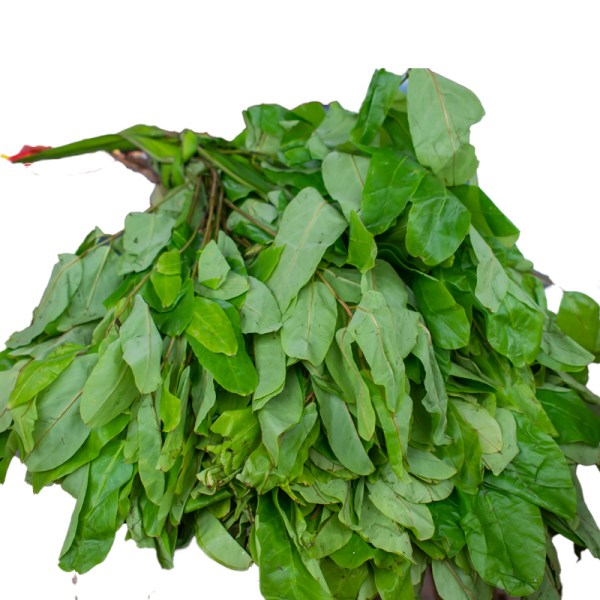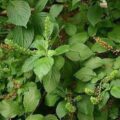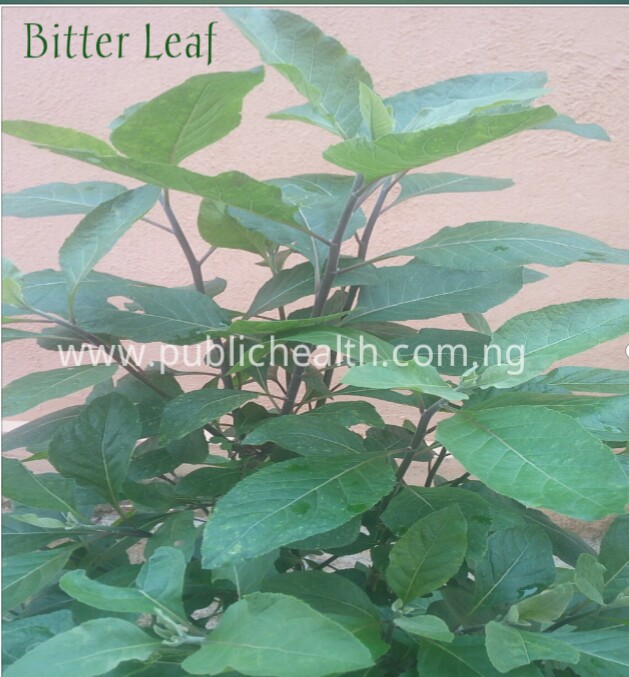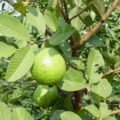
Oha leaves are the leaves from the evergreen tree in Africa. The plant is botanically known as Pterocarpus mildraedii. Oha leaf is a medicinal tree that retains its green leaves throughout the year. It contains many nutrients such as iron calcium, amino acids, iron, potassium, fiber, vitamin A and C. The amino acid profile of the plant indicates that the leaf is rich in essential amino acids. Known in English as the evergreen leaves, it is used as a cooked vegetable in Nigeria. In Ghana, the trees have been planted or retained in cocoa plantations to provide shade. Pterocarpus mildbraedii is rarely exploited for its timber, e.g. in Tanzania, and the wood is used to make mortars.
Oha leaf is a common vegetable consumed mainly by the Igbos of Eastern Nigeria. It is used in preparing soups and other foods requiring vegetables. Many are fond of this vegetable because of its taste when used in soups, the uses of oha goes beyond taste.
Health Benefits of Oha Leaves
The nutritional value of Oha leaves is very high, it contain vital minerals like, magnesium, calcium, potassium,copper, iron, zinc and manganese. It is a source of vitamins A, B, and C source of amino acids like lysine, glutamic acid cysteine while still maintaining its low sodium status. Here are the health benefits of Oha leaves;
Constipation: The vegetable is rich in fiber which helps with constipation, unlike the fibre in some vegetables like pumpkin leaves which have strong and difficult-to-digest strands, the fibre in oha leaves are soft and easy to digest. It helps to improve the overall digestive function and heal the gut as well.
Helps treat Anemia: According to studies, this plant is a good source of iron. This mineral is important to our overall wellness. Plays an important role in red blood cell formation to create haemoglobin. This benefit is even supported by the presence of vitamin C which helps in iron absorption. This is one of the health benefit of Oha leaf during pregnancy.
Diarrhea Management: Oha leaves is a source of the mineral zinc, which is important for a healthy immune system. Contains ingredients that helps repair and protect the intestinal mucosa. According to WHO, Zinc supplementation has been shown to reduce the duration and severity of diarrhea, and to prevent subsequent episodes.
Help with healthy joints and arthritis: Oha leaves is a source of the uncommon mineral Manganese. Manganese play very important role in cartilage formation and lubricating fluid in the joint. The presence of this mineral in the body will help prevent joint disease like arthritis.
Good For Heart health: The Presence of potassium in Oha leaves helps maintain the normal contraction of the heart. It will help the heart contract well and blood effectively pumped to all parts of the body. Studies have shown that Potassium and sodium concentrations play a crucial role in electric signal functioning of the heart’s middle thick muscle layer, known as the myocardium.
Reduce Muscle Cramps: Since magnesium plays a role in neuromuscular transmission and muscle contraction, it has been hypothesized that magnesium deficiency may predispose to muscle cramps. Thus magnesium is often recommended to prevent cramps. Magnesium in the leaves is a muscle relaxant. This helps reduce muscle cramps
Improve Brain Function: Glutamic acid is an amino acid used to form proteins. In the body it turns into glutamate. This is a chemical that helps nerve cells in the brain send and receive information from other cells. It may be involved in learning and memory. Glutamic acid in oha leaves is a important non essential amino acids which helps maintain the normal function of the brain as a neurotransmitter
Helps build muscle mass: Oha leaves can help build muscle mass with the presence of cysteine amino acids content. Cysteine helps the body build protein which is used for the development of muscle mass. Concentrations of cysteine show a strong positive association with BMI, mediated through fat mass.
Helps with Blood Pressure: This is a low sodium vegetable which is beneficial for hypertensive persons and individual with high blood press. Additionally, the potassium in Oha leaves can also help control blood pressure through its mechanism in regulating muscle contraction.
Improves Eye Health: Vitamin A is also essential for vision under conditions of poor lighting, for maintaining a healthy immune system, for growth and development and for reproduction.
Reduces Inflammations: Oha leaves also have positive effect on various inflammatory diseases such as ostheoarthritis, tonsilitis etc, consuming oha leaves either as soup or other forms will bring relief. The leaves contain a bioactive compound polyphenol which is responsible for the inflammation process.
Helps Alleviate malaria symptoms: The plant is also known among tribes in Nigeria for its antimicrobial effect and also its properties in healing pain, fever, headache, respiratory problems and convulsions. Eating soups cooked with this vegetable during malaria attacks help to aid recovery.
Help Protect the Nervous System: The presence of vitamin B group helps with the nervous system. Helps protect nerves from damage. A recent review indicates that supplementing with B vitamins has the potential to promote nerve repair. This may be because B vitamins can speed up nerve tissue regeneration and improve nerve function. B vitamins may also be useful in relieving pain and inflammation.
Boost the energy especially for athletes: Lysine plays an important role in supporting your immune system. It may also improve athletic performance. People with certain health conditions, like the herpes simplex virus (HSV) and diabetes, may also benefit from consuming extra lysine in Oha leaves.
Maintain alkaline balance of the entire body: The green colour in the leaves gives the alkaline effect to the entire body which helps in balancing the body PH. Alkaline diets also tend to be low in fat and calories, naturally promoting a healthy body weight and lowering heart disease risk factors. They also reduce or eliminate red and processed meats, removing a major contributor to heart disease from the diet.
Helps with Collagen Formation: Copper’s role in connective tissue is linked to the enzyme lysyl oxidase. Collagen is required in maintaining a healthy skin. Oha leaves contains the mineral copper in good amount to help with collagen formation. This gives us a healthy glowing skin.
Side effects of Oha leaves
Oha leaves are known to contain hydrogen cyanide and oxalate . Cyanogenic glycosides occur in many food and feed products like almonds, bamboo shoots, cassava, lima beans, sorghum and stone fruits and are formed of cyanohydrins which have been stabilized by glycosylation. The good news is that the concentration is low which are not harmful to humans.
How Oha Soup is Made
The soup is prepared using local condiments like locust beans or iru, any thickner of your choice, you can as well use ground oats say one or two tablespoons for a medium sized pot depending on how thick you want it, I always want it light. red palm oil should be used moderation if you are aiming to loose wait or getting more of its alkaline effect. Stock fish, crayfish, meat, fish etc are protein buffers you can choose from to make your oha soup. It is better to add it when the soup sauce is ready and tasty so as not to overcook your oha leaves. Other ingredients include cayenne pepper, black pepper, garlic, ginger, ogiri and any other condiments that you love to add to your soup. SEE: Top Health Benefits and Side Effects of Bitter Leaf





